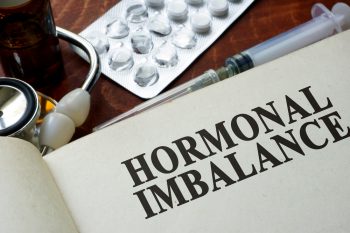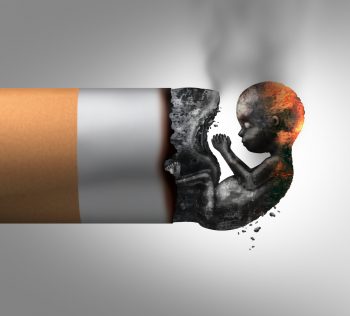Miscarriages are a common occurrence in early pregnancy and unfortunately, many people face the heartbreak of losing a baby. While it’s impossible to explain why miscarriages happen, it’s important to understand what causes a miscarriage.The emotional and physical toll can be overwhelming, leaving couples feeling isolated and unsupported.
In this blog post, we’ll explore the factors that contribute to a miscarriage and offer some advice on what you can do if you are experiencing one.
Chromosomal Abnormalities
The most common cause of miscarriage is chromosomal abnormalities. Chromosomes carry genetic material and an error during cell division can result in an abnormal number of chromosomes.

This usually occurs when the sperm and egg combine, and the fertilized egg contains an incorrect number of chromosomes. These abnormalities are often incompatible with life and will result in miscarriage. Around 50% of first-trimester miscarriages are due to chromosomal abnormalities.
Hormonal Imbalances
Hormonal imbalances can also cause a miscarriage. The hormone progesterone is crucial in supporting pregnancy, and any issues with it can cause miscarriage. Low levels of progesterone during pregnancy can cause the uterus to contract and lead to the loss of the fetus. Additionally, an overactive thyroid gland or undiagnosed diabetes can also lead to a miscarriage.

Structural Issues
Anomalies or structural issues in the uterus can increase the risk of miscarriage. Fibroids, for example, are benign tumors in the lining of the uterus. These tumors can interfere with implantation and blood supply to the fetus, resulting in miscarriage. Additionally, a weak cervix that cannot support pregnancy can result in the loss of the fetus.

Lifestyle Choices
Lifestyle choices can also contribute to a miscarriage. This includes smoking, drug abuse, excessive caffeine intake, and alcohol consumption. Smoking can restrict blood flow to the uterus, and alcohol can reduce the oxygen supply and damage fetal development. These habits can also lead to premature labor and infants born with birth defects.

Other Causes
Other causes of miscarriage include infections, autoimmune disorders, and age. Infections such as listeria can cause a miscarriage, and autoimmune disorders like lupus can cause the immune system to attack the fetus. Maternal age also plays a role in miscarriage, increasing in likelihood as the mother grows older.

Miscarriage is a heartbreaking experience, and understanding what causes it can offer valuable insight. While it’s impossible to predict or control the outcome of a pregnancy, we can take steps to reduce our risk of miscarriage.
By leading a healthy lifestyle, seeking medical advice for underlying conditions, and understanding the signs of pregnancy, we can better protect ourselves and our growing families.
Remember, seeking support from friends, family, and medical professionals is essential in times of need. With all these in mind, taking care of yourself is important, and it’s vital to remember that you are not alone.


